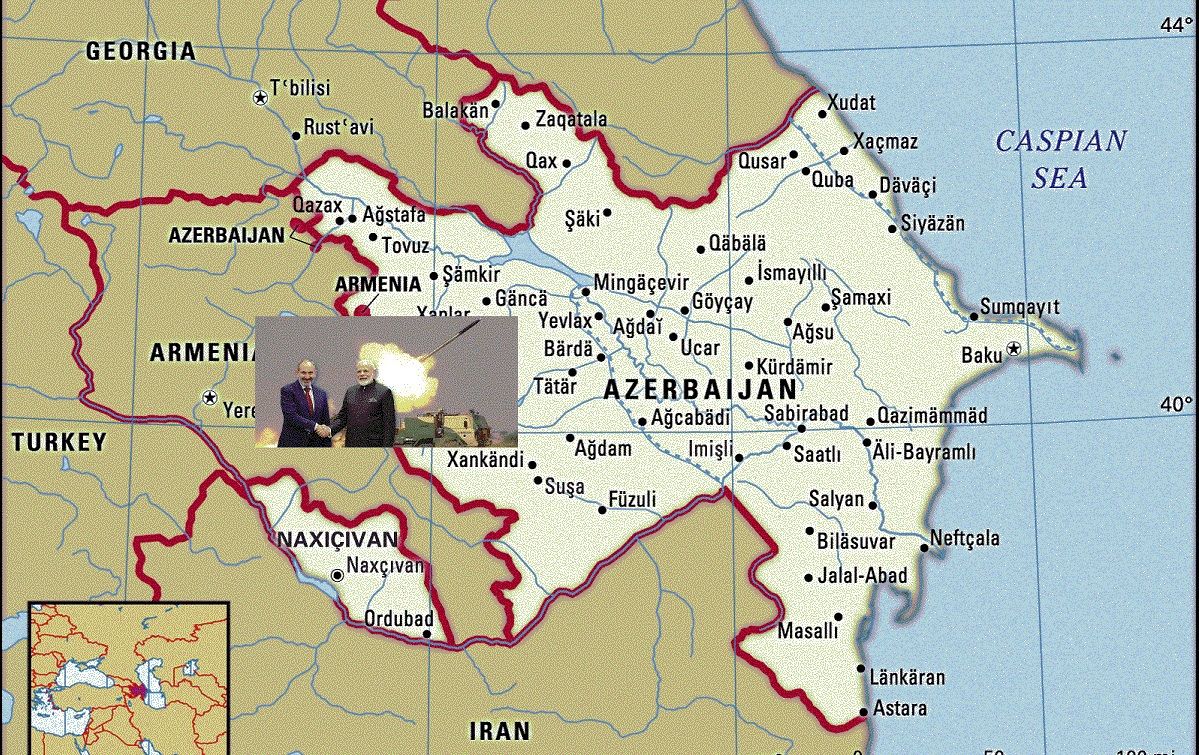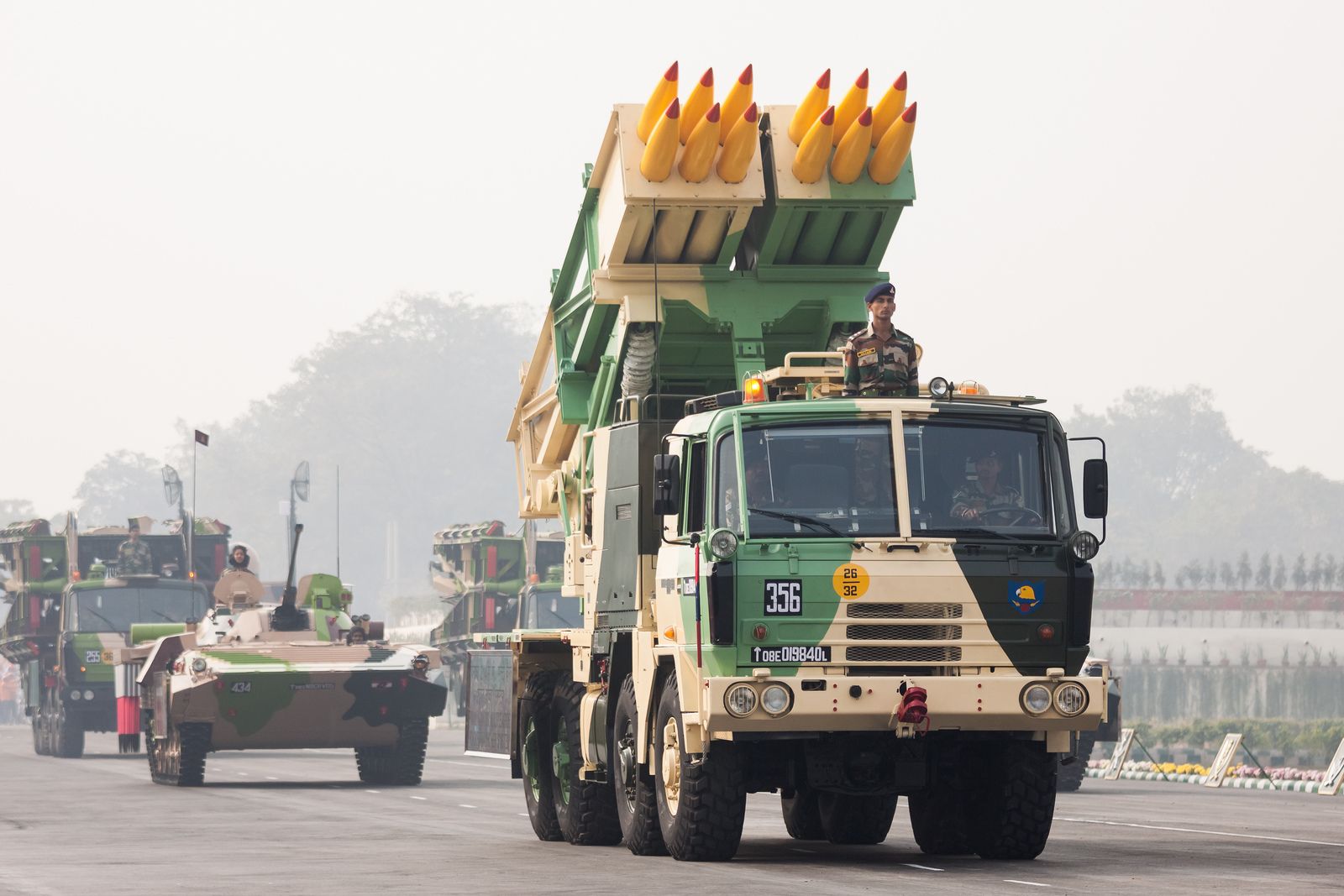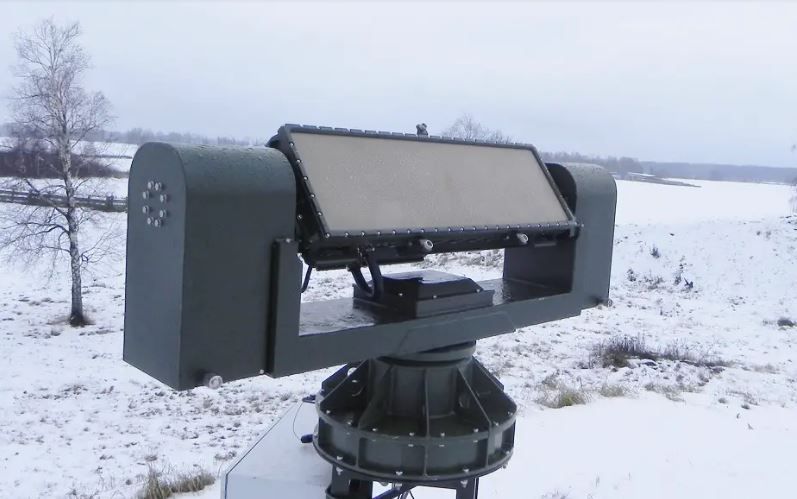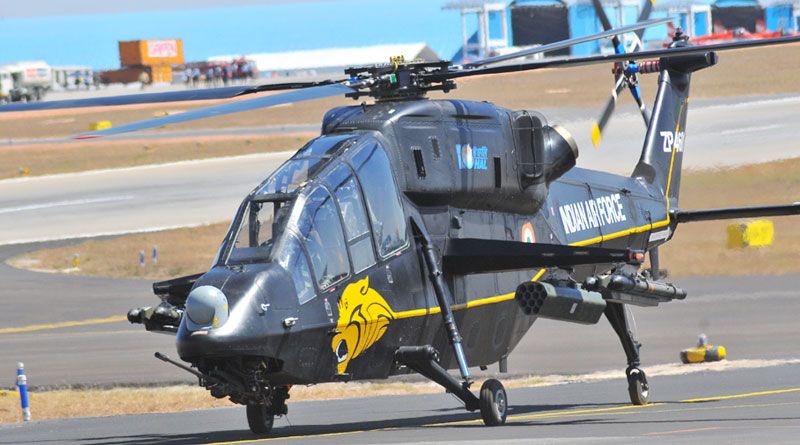War against peace in Garabagh: What is India looking for in region?

Almost three years after the liberation of the Armenian-occupied Garabagh territories of Azerbaijan and the shattering of the so-called Nagorno-Karabakh myth, the conflict is being supported and exacerbated in the Garabagh economic region by the Armenian revanchists and some supporting "partners". There are obstacles to achieving a peace agreement between Azerbaijan and Armenia, and the involvement of many behind-the-scenes groups in the conflict, and often not hiding their interests in promoting their insidious and anti-Azerbaijani agenda, create the ground for conflict and strife.
In addition to Western interest in its involvement in the Garabagh zone, there are powers whose interests, both political and economic, are to keep the Caucasus in tension. Azerbaijan has repeatedly suggested to the Armenian authorities, as the losing side after the second Garabagh war, to temper its revenge and hatred in order to move towards peace and prosperity, both for the inhabitants of Khankendi and Yerevan itself.
Azerbaijan continues to expand rapidly in all areas, and many investor countries are aware of the riches of the Garabagh region, and its geographical and economic position, and are ready to build strong relations with Baku. In the opposite policy in this issue, there is a dark side of the networks behind the scenes that supply weapons for military purposes to the losing side, i.e. Armenia.
The presence of Armenians in India over the years has led to the establishment of a number of large and small Armenian settlements in various places in India, including Agra Surat, Mumbai, Chinsur, Chandernagore, Kolkata, Saidabad, Chennai, Gwalior, Lucknow, and several other places in modern India. Armenian settlements were also established in Lahore and Dhaka - now in Pakistan and Bangladesh, respectively.

Since Russia is now in conflict with the West and Ukraine, it will not be possible to supply weapons to Armenia in the same quantity as it was, and here India comes to the aid of the Armenians as a supplier of arms, thus confirming for the fourth time its policy of supporting the conflict in the Caucasus, namely the Garabagh issue.
In 2019, India supplied HAL Cheetah light attack helicopters to Armenia, in 2020 India supplied Rodnik radar stations to Armenia, and in 2021 there were reports of India supplying arms to Armenia, including military hardware.

According to Sven Petersen, a political expert on the former Soviet Union, India stepped up support to Armenia in the autumn of 2022 with $245 million worth of Indian artillery systems, anti-tank missiles, and ammunition. In May, Yerevan announced the appointment of a military attaché to its embassy in New Delhi tasked with deepening bilateral military cooperation.

According to him, the help that Armenia currently receives from India is a glimpse of hope for rekindling the war in Garabagh. However, Armenia should also take into account that India's goal is not to fully devote itself to Yerevan and stand behind it in the war until the end.
Iran also assisted in the transfer of arms to Armenia by road. Iran acted as a transit country, initially receiving the cargo in the port of Bandar Abbas in the Persian Gulf and then transferring it to Armenia.
Thus, the decision of both India and Iran to intervene in the Garabagh issue is driven by several factors, both economic and strategic, and Azerbaijan's victory in the Second Garabagh war has horrified New Delhi as it fears close cooperation between the Turkic states. India is looking to capitalize on arms sales to the losing side and Russia's preoccupation with the conflict with Ukraine. It is a matter of time how large arms sales to the conflict zone will turn out for Armenia if in Yerevan itself there is a struggle for power between clans, whose interests at the moment are to keep the people of Khankendi in favor of a place in Yerevan, but not for a peace agreement.
Besides, the observation missions of the European Union, Canada, France, Russia, and recently the USA in the conflict zone have not yielded any result, as before the OSCE Minsk group, etc.
Abbas Ganbay is AzerNews’ staff journalist, follow him on Twitter: @Noend33
---
Follow us on Twitter @AzerNewsAz
Here we are to serve you with news right now. It does not cost much, but worth your attention.
Choose to support open, independent, quality journalism and subscribe on a monthly basis.
By subscribing to our online newspaper, you can have full digital access to all news, analysis, and much more.
You can also follow AzerNEWS on Twitter @AzerNewsAz or Facebook @AzerNewsNewspaper
Thank you!

